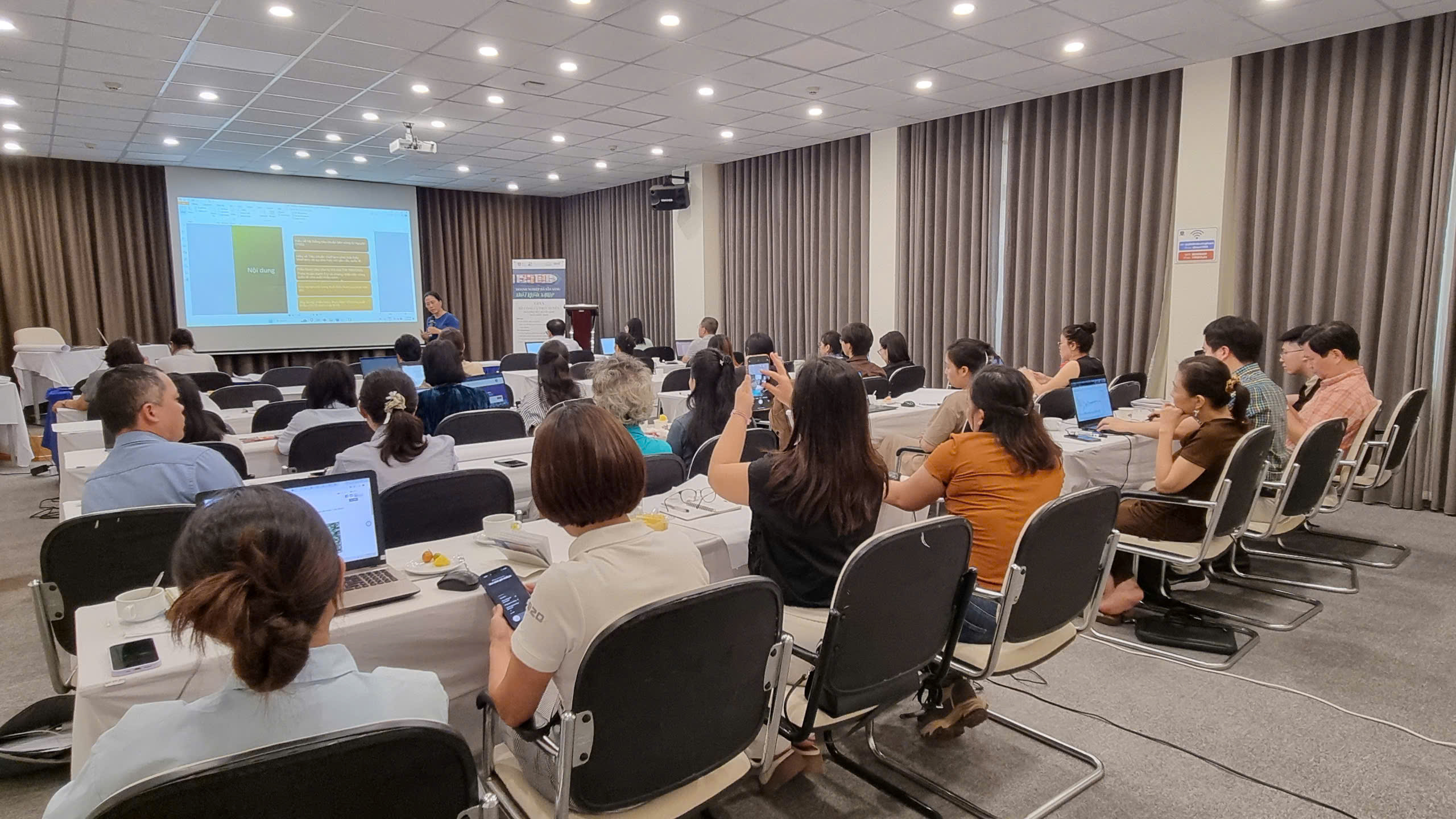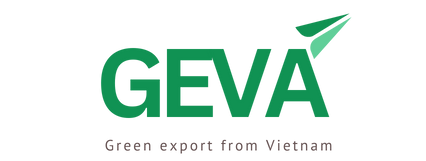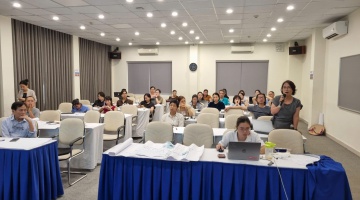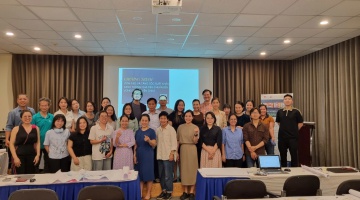
The second day of the Green Export training program in Hanoi continued to provide valuable knowledge and practical insights for agricultural businesses, especially those in the process of transitioning their business models toward sustainability to meet international standards.
Innovative Business Model Thinking and Effective Communication
The training day began with an insightful session by expert Nguyễn Đặng Tuấn Minh, who shared practical tools to help businesses improve their business models and enhance operational efficiency.
Through tools such as the Business Model Canvas, Value Proposition Canvas, and target customer analysis, participants were guided on how to reassess the core value of their products, build suitable communication strategies, and strengthen their competitiveness.
In addition, the expert emphasized the crucial role of communication channels in positioning a green brand and introduced flexible approaches to using digital media effectively, enabling businesses to reach international markets in a cost-efficient way.
Applying VSS and Transitioning Toward Net Zero – Opportunities and Challenges
In the afternoon session, two experts — Ms. Ngô Minh Hương, Director of the Center for Development and Integration (CDI), and Mr. Nguyễn Hoàng Phương, expert at NetZero.VN — shared real-world stories about the application of Voluntary Sustainability Standards (VSS) in Vietnam’s agricultural enterprises.
Through specific case studies, particularly from their experience guiding agricultural businesses in applying the VietFarm Standard, the experts highlighted not only the economic and social benefits gained from proper implementation of sustainability standards but also the challenges faced during the process — such as a shortage of skilled personnel, limited technology, and lack of market information.
Despite these difficulties, businesses must recognize that adopting sustainability standards brings long-term benefits — not only by enhancing credibility and improving market access, but also by contributing to sustainable development for both the enterprise and the wider community. Moreover, such standards are gradually becoming mandatory requirements in major export markets like the EU, North America, and Japan.
Therefore, businesses must take proactive steps to adapt — from transforming management mindsets to embracing digital technologies — in order to measure environmental indicators, align with global trends, and strengthen their long-term competitiveness.
Lively Engagement – Clear Direction
The session concluded with an engaging discussion, as many participants raised questions about the application of specific standards, the resources required for implementation, and effective ways to communicate certified green products.
Attending businesses highly appreciated the practical relevance of the content, sharing that they had gained renewed motivation, valuable knowledge, and a clearer direction to continue their journey toward greening their operations.
Information on the Next Training Session
The third session in the Green Export training series in Hanoi will take place on May 30, 2025, with the topic:
“Overview of Voluntary Sustainability Standards (VSS) in the Agricultural Sector.”
This is another valuable opportunity for businesses to further enhance their capabilities and refine their green export strategies.
Businesses can register to participate via Form
-------------------
About GEVA:
The "Green Export Incubation and Acceleration through Voluntary Sustainability Standards (VSS)" program is a project funded by the Government of Switzerland, managed by the International Trade Centre (ITC), and implemented by KisStartup during the period from April 2025 to April 2026.
The project aims to enhance the green export capacity of Vietnamese enterprises (through the application of VSS) via a series of activities including training, consulting, incubation – acceleration, and international market linkage, in order to meet the increasingly stringent requirements of global markets.


